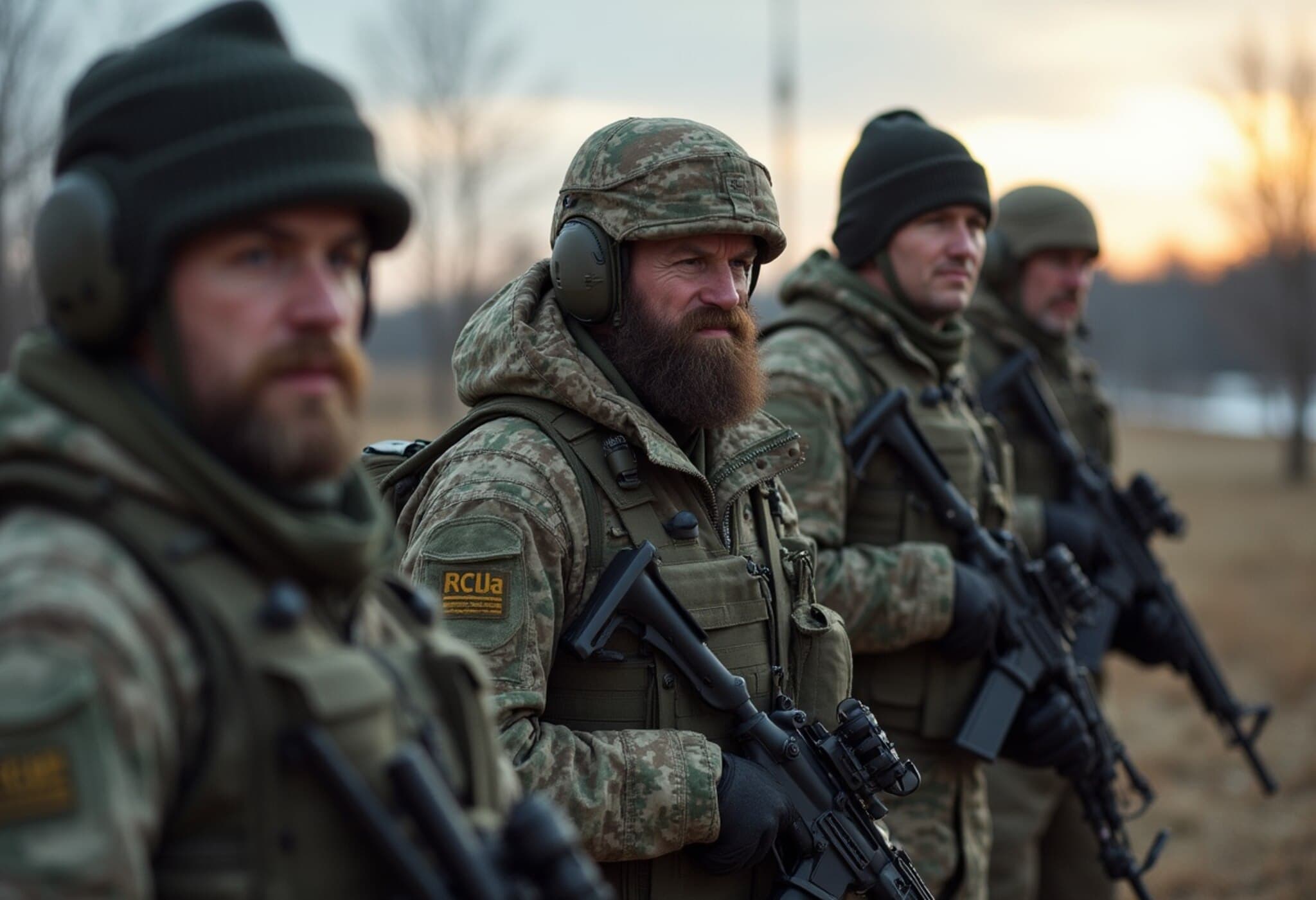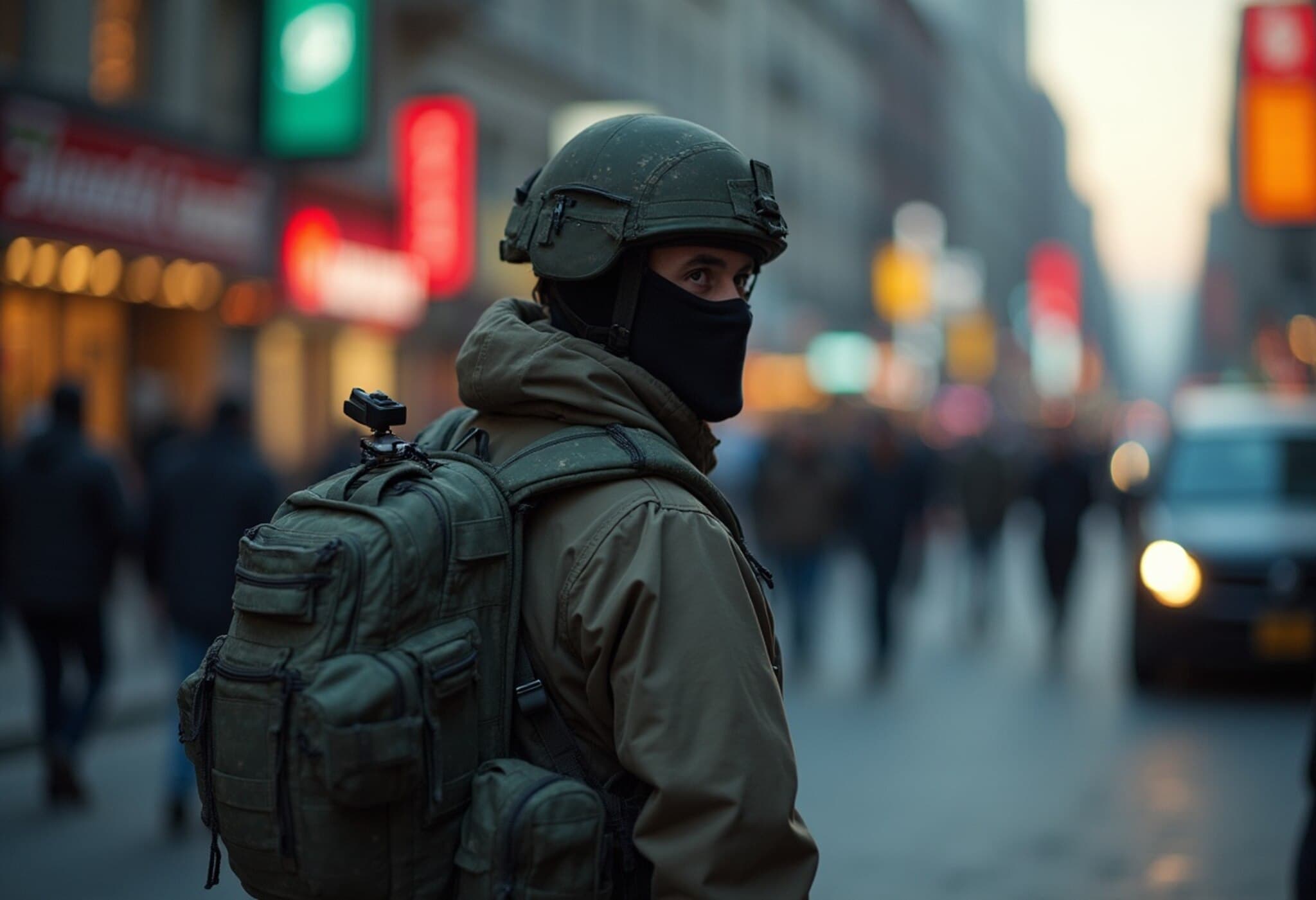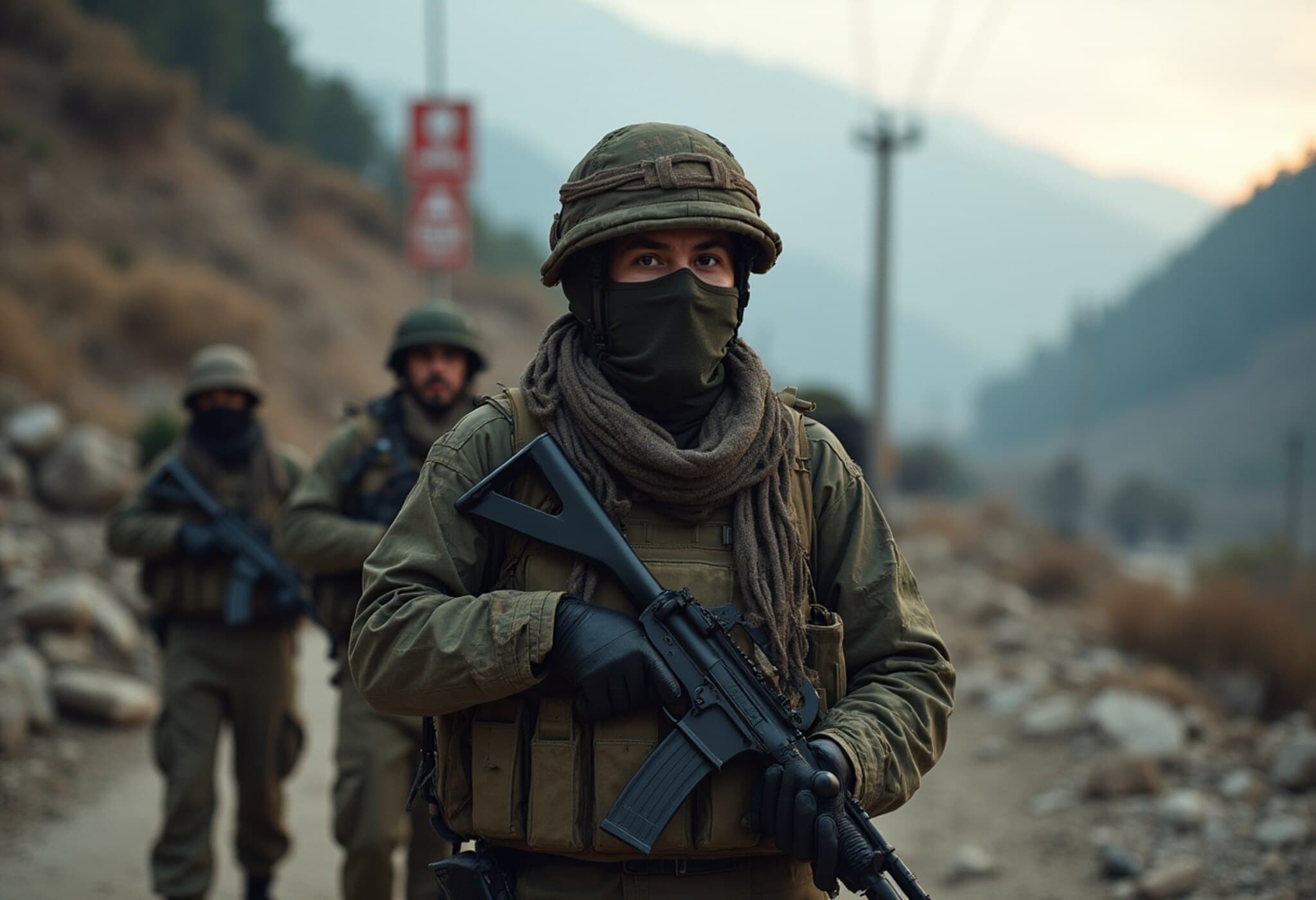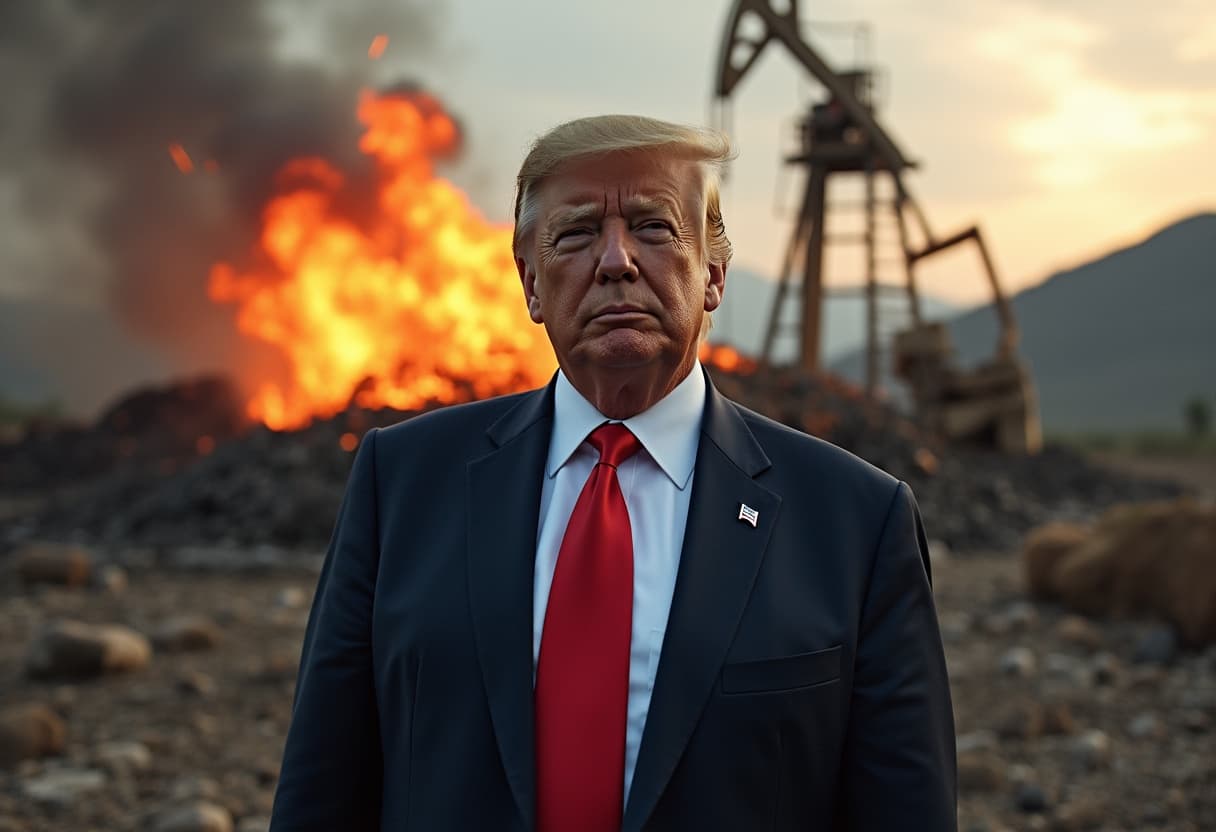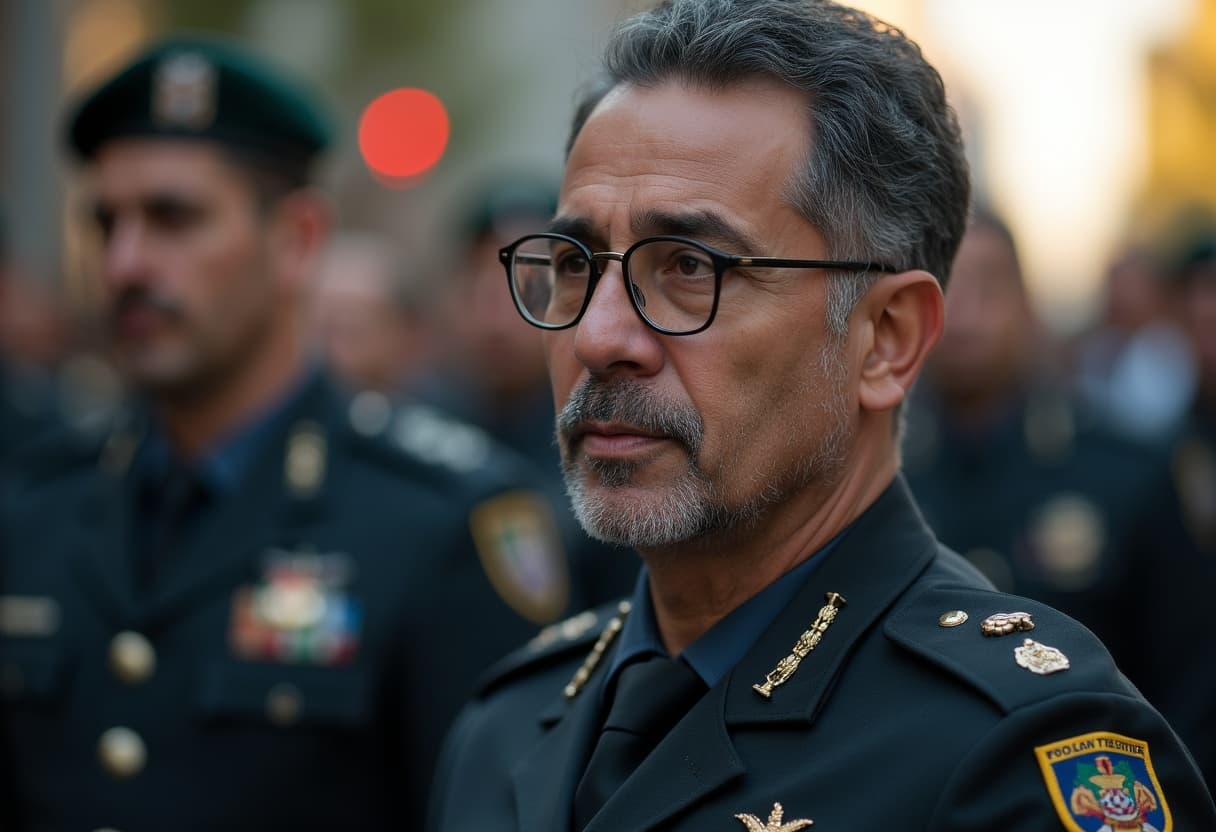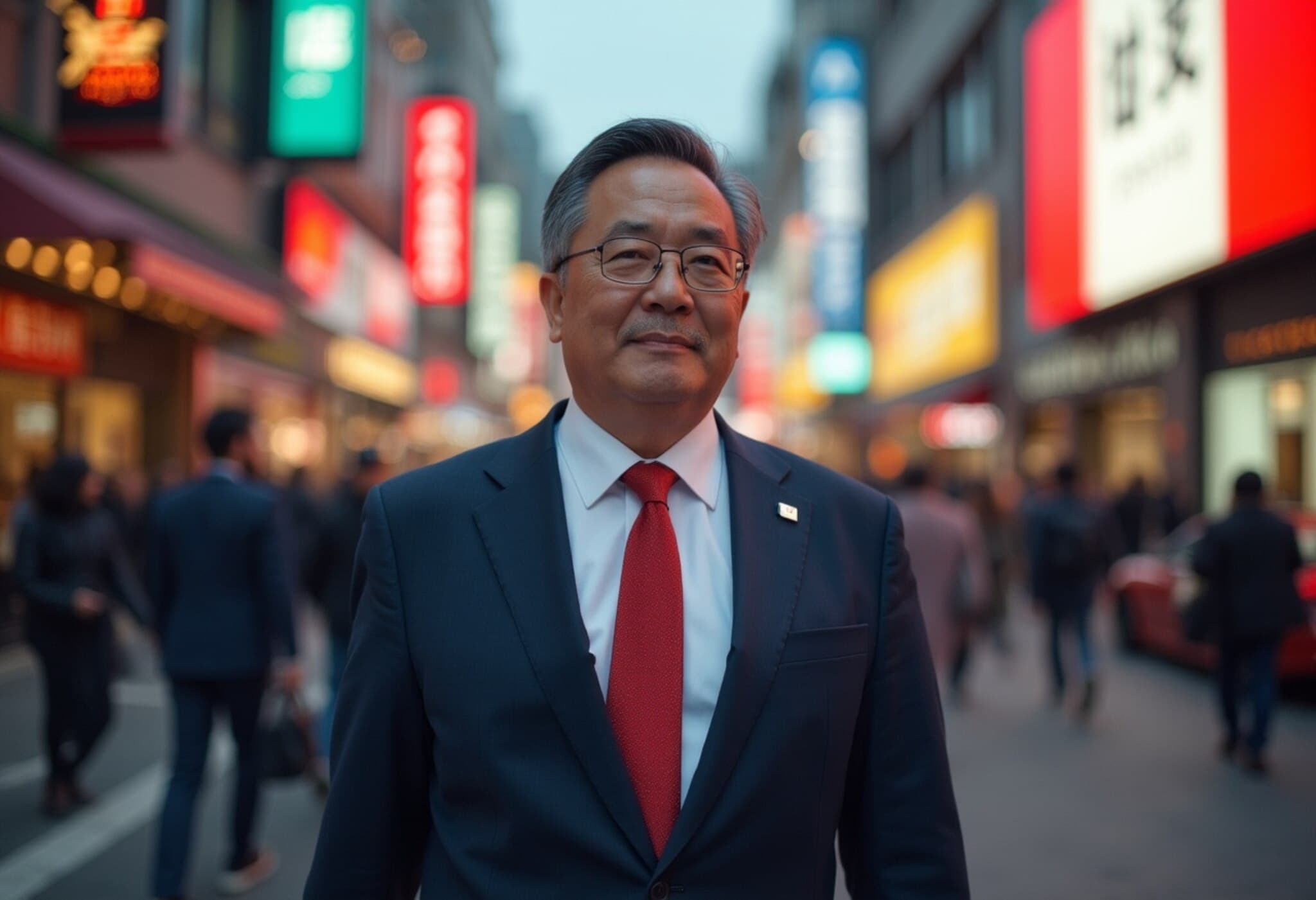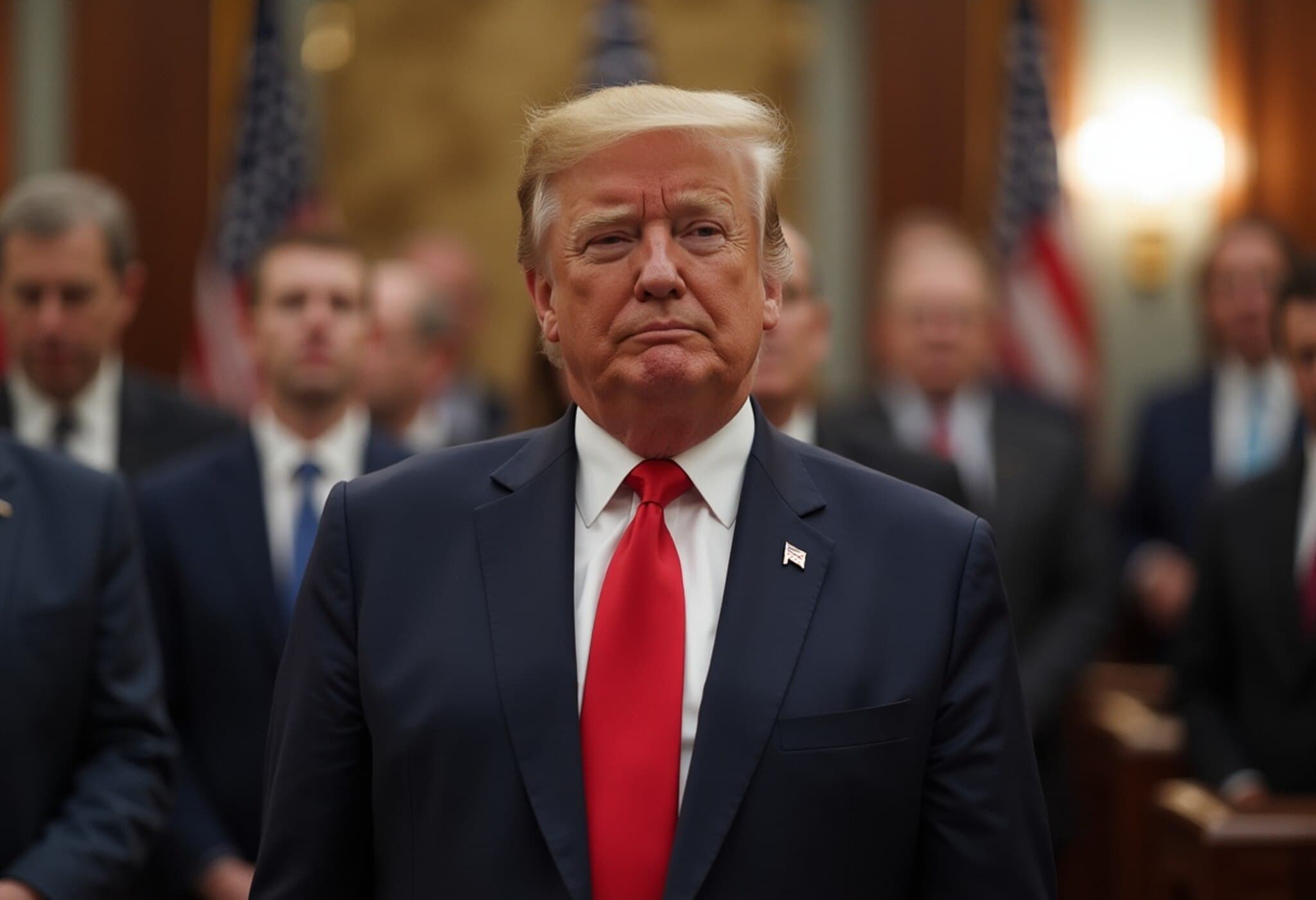Four Arrested in Quebec for Alleged Plot to Seize Land Using Military-Style Tactics
In a significant national security operation, Canadian authorities have arrested four men, including individuals linked to the Canadian military, accused of planning to forcibly take control of territory near Quebec City. The Royal Canadian Mounted Police (RCMP) characterized the plot as an instance of ideologically motivated violent extremism, raising urgent questions about homegrown threats and military involvement.
Details of the Charges and Seized Arsenal
On July 8, 2025, the RCMP announced terrorism-related charges against three of the men, citing their active steps to facilitate a terrorist act. The fourth man faces separate charges tied to firearms and explosives offenses. The accused include Marc-Aurèle Chabot (24), Raphaël Lagacé (25), Simon Angers-Audet (24), and Matthew Forbes (33), all residents of Quebec City or nearby communities.
Law enforcement officials seized an alarming arsenal in raids conducted near Quebec City in January 2024, uncovering:
- 16 explosive devices
- 83 firearms
- Approximately 11,000 rounds of ammunition
- 130 magazines
- Four pairs of night vision goggles
- Other specialized military gear
Photos released by the RCMP revealed participants in military fatigues engaging in tactical drills including shooting, ambush tactics, survival skills, and navigation exercises. The coordinated nature of these activities underscores the sophistication and seriousness of the group’s preparations.
Military Links and National Security Implications
While police have withheld specifics on which individuals are formally military personnel, the involvement of Canadian Armed Forces members in such plots is deeply concerning. This development reflects broader challenges Canada faces in monitoring potential insider threats within its professional ranks.
The Canadian Armed Forces have yet to comment publicly on the investigation. Experts caution that such incidents spotlight the critical need for stringent background checks, ongoing monitoring, and support systems within military structures to counter radicalization.
Contextualizing the Plot: Why Quebec?
Quebec’s unique linguistic, cultural, and political landscape has historically seen occasional movements seeking autonomy or independence. However, this plot, apparently fueled by extremist ideology and armed preparation, represents a worrying escalation beyond typical political dissent.
Authorities have not released details about the group’s ideological motivations or the rationale behind their planned seizure of land. This silence leaves open numerous questions regarding the nature of extremism in Canada beyond widely publicized international terror threats.
Long-Term Investigation and Collaborative Enforcement
The RCMP highlighted that this case emerges from a special national security task force composed of intelligence, prosecutors, and law enforcement agencies working in coordination. The investigation has reportedly spanned over 18 months, culminating in the decisive raids last year and recent arrests.
This multi-agency approach is emblematic of Canada’s evolving strategy to pre-empt domestic terrorism by combining military, intelligence, and civilian policing efforts in a unified front.
Expert Insights: Navigating the Fine Line Between Security and Civil Liberties
Experts underline the delicate balance Canadian authorities must maintain: protecting citizens and the integrity of the state while safeguarding freedoms of association and speech. The challenge lies in identifying genuinely dangerous networks without alienating communities or infringing on individual rights.
Furthermore, this case opens a window into how domestic extremist cells might exploit military training and equipment, underscoring the critical importance of robust oversight in armed forces and vigilant civilian monitoring.
Editor’s Note
This unsettling episode invites reflection on the vulnerabilities within even well-regulated military institutions and the latent risks posed by ideologically driven extremism on Canadian soil. As investigations continue, the broader public discussion must address how to fortify democratic safeguards without eroding the principles they aim to protect.
Questions remain: How can the Canadian Armed Forces and security services enhance early detection of radicalization among their ranks? What community-based interventions can help prevent such extremism from germinating? And how should policymakers shape laws responsive to emerging domestic terror threats while honoring Canada’s strong human rights traditions?

